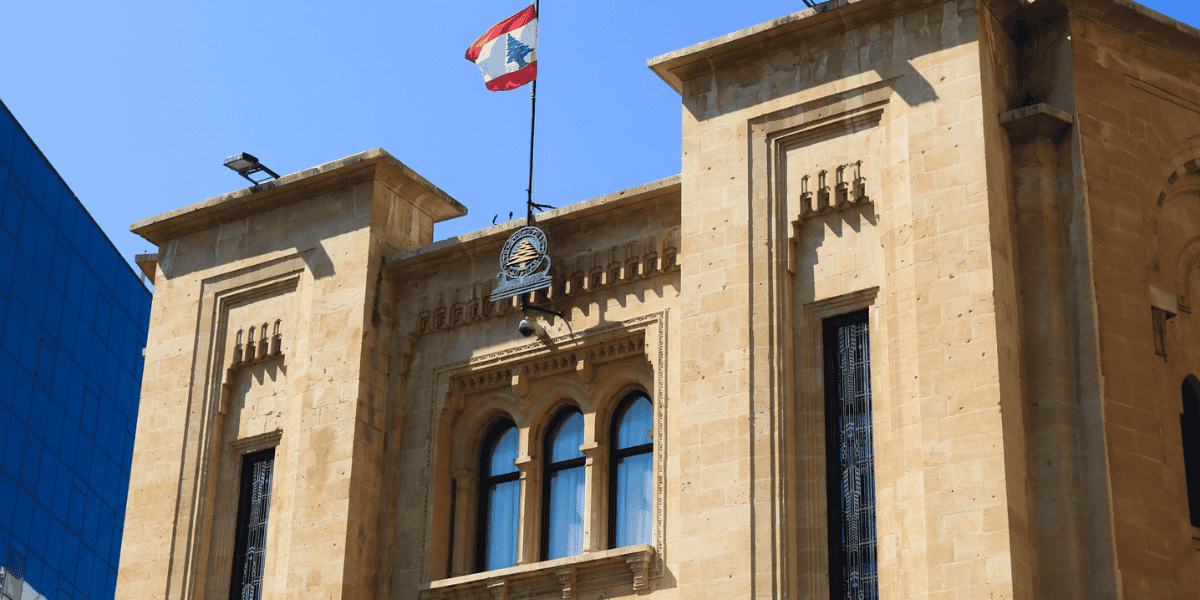The International Monetary Fund (IMF) has held consultations with Lebanon under Article IV of its articles of agreement. A press release was issued on 14 May 2015 summarizing the discussions and IMF recommendations.
The short term economic outlook and longer term prospects are dominated by the Syria crisis and the refugees that now comprise a quarter of the population. A consequence of the domestic and external uncertainties is that the growth rate has remained low. Economic growth was estimated at 2% for 2014 and will be at a similar level in 2015. Projections for the medium term have been revised downward in view of the impact of events on the traditional drivers of growth such as tourism, real estate and construction.
In view of the unfavorable global and domestic economic conditions Lebanon needs to carry out sustained and balanced fiscal adjustment. Without this process of adjustment the public debt will continue to increase and this will bring further risks to the economy when interest rates rise. The fiscal adjustment strategy must aim to increase government revenue and change the spending mix.
Lebanon can increase taxes by broadening the tax base and strengthening tax compliance. This can be done fairly by spreading the tax burden evenly between economic sectors. A capital gains tax should be introduced for real estate transactions, and withholding tax on interest income and corporate income tax should be increased. These tax measures have already been debated in Lebanon.
The IMF suggests that while oil prices are low the government can remove the value added tax (VAT) exemption for diesel and can increase excise taxes on gasoline. There should be a modest increase of 1% in the VAT rate. The IMF recommends that a comprehensive budget for 2015 should be should be passed as a signal of political will and accountability.













